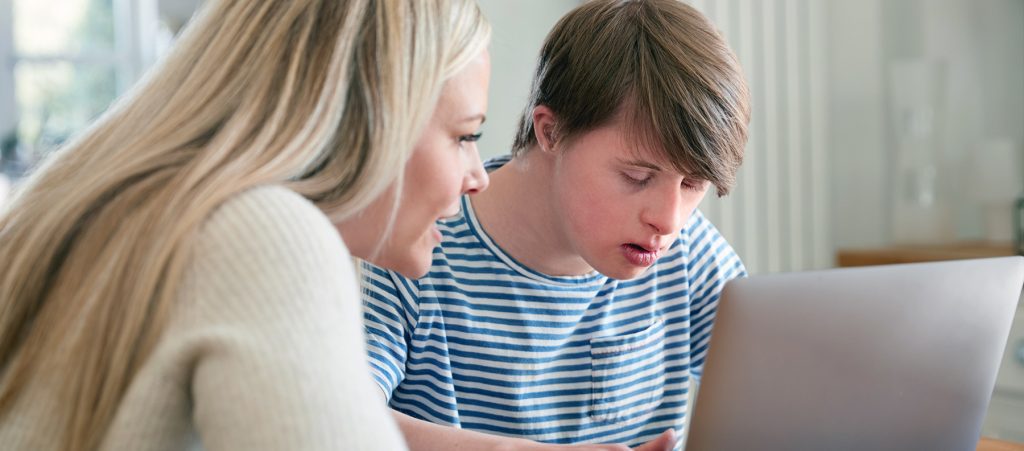Promoting Positive Body Image and Self-Esteem for People with Disabilities
Discover how to promote positive body image and self-esteem for individuals with disabilities. From representation to community support, learn valuable strategies for fostering empowerment and acceptance.
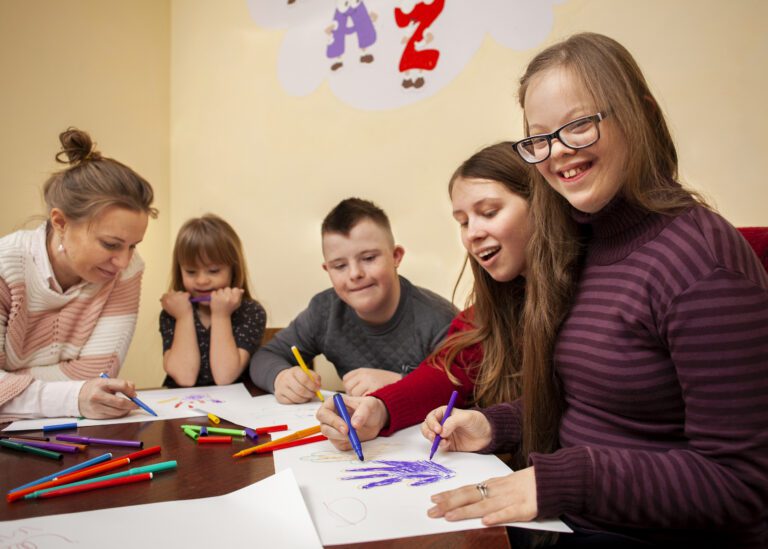
Body image and self-esteem are crucial aspects of overall well-being for everyone, including individuals with disabilities. However, due to societal stereotypes, limited representation in media, and physical differences, people with disabilities may face unique challenges in developing positive perceptions of their bodies and themselves. Promoting positive body image and self-esteem within this community is essential for fostering confidence, empowerment, and a sense of belonging. In this article, we’ll explore strategies and initiatives aimed at nurturing positive body image and self-esteem for people with disabilities.
Embracing Diversity and Representation
One of the fundamental steps in promoting positive body image and self-esteem is celebrating diversity and representation. It’s vital for individuals with disabilities to see themselves reflected positively in various contexts, including media, advertising, and popular culture. By showcasing diverse bodies and abilities, we can challenge narrow beauty standards and highlight the beauty and value inherent in all bodies.
Education and Awareness
Education plays a pivotal role in shaping attitudes and perceptions. Providing accurate information about different types of disabilities, their causes, and the capabilities of individuals with disabilities helps combat misconceptions and stereotypes. When people understand that disability does not equate to inferiority or inability, they are more likely to appreciate the diversity of human experience and treat individuals with disabilities with respect and dignity.
Promoting Inclusive Language and Behavior
Language matters. Using respectful and inclusive language when referring to individuals with disabilities is essential for promoting positive attitudes and perceptions. Encouraging person-first language, which emphasizes the person before the disability (e.g., “person with a disability” instead of “disabled person”), reinforces the idea that disability is just one aspect of a person’s identity, rather than defining their entire being.
Creating Accessible Spaces and Opportunities
Accessibility is key to inclusion. Providing accessible environments, whether it’s physical spaces, digital platforms, or recreational activities, ensures that individuals with disabilities can fully participate and engage with their surroundings. When people feel included and valued, it enhances their sense of belonging and contributes to positive self-esteem.
Building Supportive Communities
Social support is crucial for mental and emotional well-being. Creating supportive communities where individuals with disabilities can connect, share experiences, and receive encouragement is essential for building resilience and self-confidence. Peer support groups, online forums, and disability-led organizations offer valuable resources and a sense of camaraderie that can boost self-esteem and foster empowerment.
Encouraging Self-Care and Self-Expression
Self-care is an act of self-love. Encouraging individuals with disabilities to prioritize their physical and emotional well-being through self-care practices such as exercise, mindfulness, and creative expression can have a profound impact on their self-esteem. Additionally, providing opportunities for self-expression through art, music, writing, or other forms of creativity allows individuals to assert their identities and celebrate their unique talents and perspectives.
Celebrating Achievements and Strengths
Every accomplishment, no matter how small, deserves recognition. Celebrating the achievements and strengths of individuals with disabilities helps reinforce their sense of worth and capabilities. Whether it’s academic success, personal milestones, or contributions to their communities, highlighting these accomplishments promotes a positive narrative of disability and inspires others to embrace their potential.
In conclusion, promoting positive body image and self-esteem for people with disabilities requires a multi-faceted approach that addresses societal attitudes, systemic barriers, and individual experiences. By embracing diversity, fostering inclusion, and providing support and opportunities for self-expression and growth, we can create a world where all individuals, regardless of ability, feel valued, empowered, and proud of who they are.
Keen to delve deeper into promoting positive body image and self-esteem for individuals with disabilities? Reach out to us today at 1300 897 848 for more details on how we can help you make a difference.
Check more events and stories
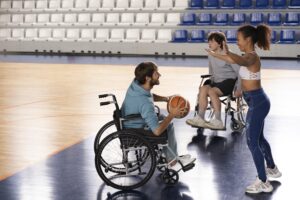
Exploring Adaptive Sports and Recreation Opportunities in Australia
Discover empowering opportunities like wheelchair basketball, adaptive cycling, and more that promote inclusion and achievement
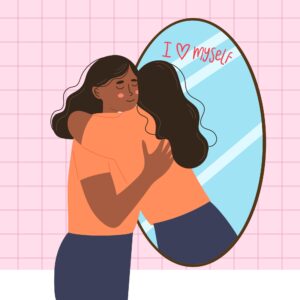
Self-Care Strategies for Individuals with Disabilities and Chronic Conditions
Discover practical self-care strategies tailored to the unique needs of individuals with disabilities and chronic conditions. From prioritizing rest and nutrition to cultivating emotional well-being and setting boundaries, empower yourself to enhance your overall quality of life and wellness journey.
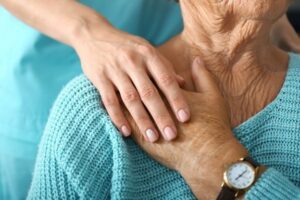
How Aged Clients Can Benefit from In-Home Care
How Aged Clients Can Benefit from In-Home Care in Victoria More Australians are choosing to live at home to maintain their independence as they age.
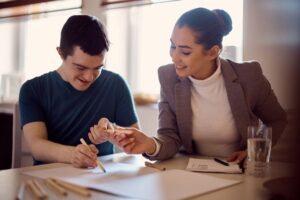
How to Choose a Quality NDIS-Registered Support Provider
Choosing a NDIS-Registered Support Provider in Victoria Trying to find an NDIS provider that provides quality, short and long-term care? Quality support means understanding and

Embracing Inclusive Recreation: A Guide to Accessible Leisure Activities for People with Disabilities
Embracing Inclusive Recreation: A Guide to Accessible Leisure Activities for People with Disabilities
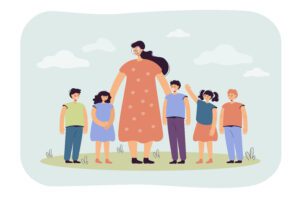
The Role of Caregivers: Supporting Loved Ones with Disabilities
Discover the vital role caregivers play in supporting individuals with disabilities. From understanding their challenges to offering practical strategies, this article sheds light on the importance of self-care, communication, and advocacy. Reach out if you need support on this journey.

